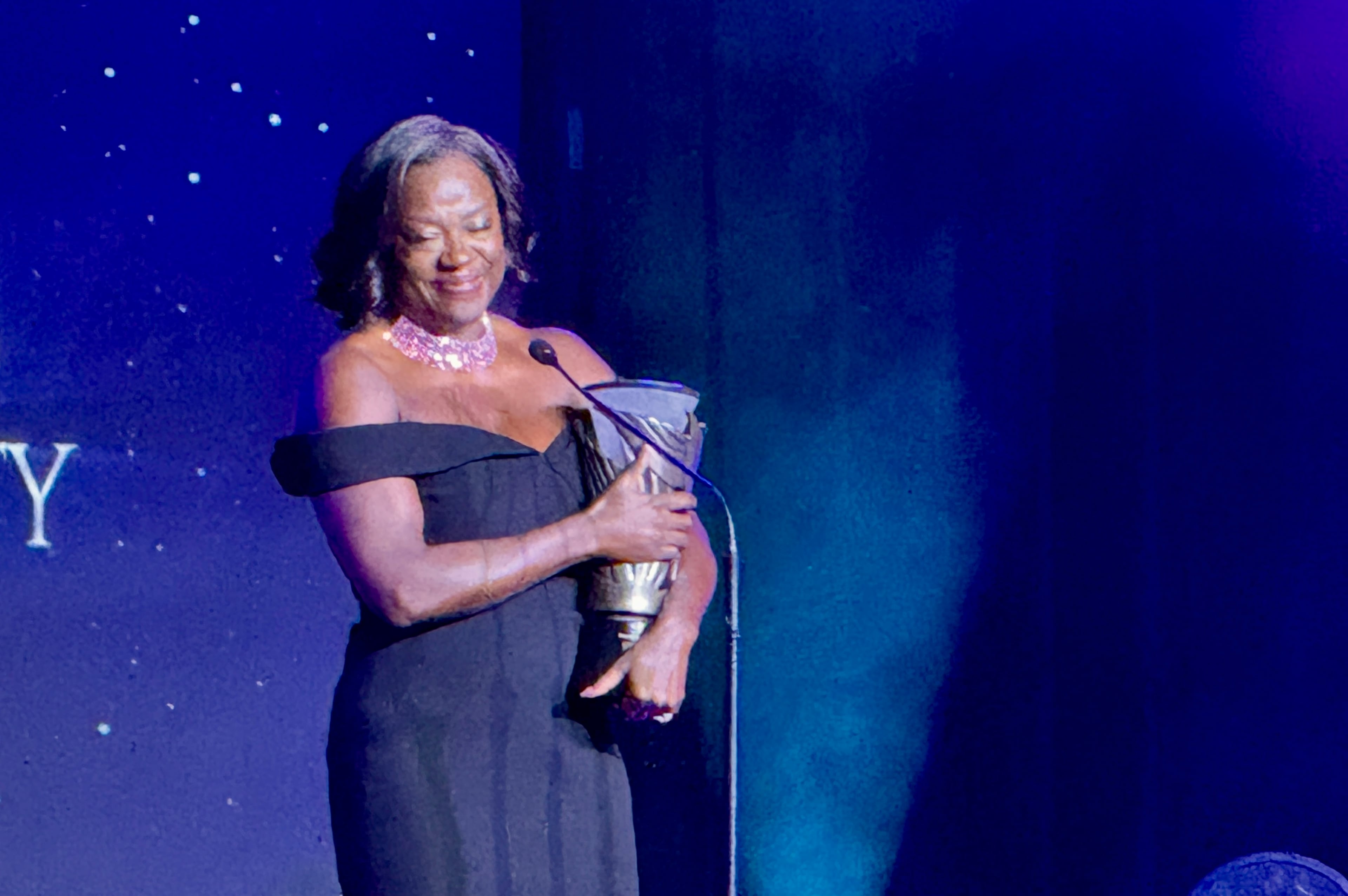
Seven years ago, I got the grand idea of writing 29 stories that would run every day in February – Black History Month.
From the first story on Carter G. Woodson and the meaning of Black History Month to the final story on ballerina Misty Copeland, I pulled it off.
But what was I thinking?
Well, the award-winning series, which came to be known as AJC Sepia Black History Month, is entering its seventh year.
It has become a hit outside and inside of the newsroom as dozens of AJC writers and staffers have helped make this a well-oiled machine.
The AJC’s Black History Month series has never been about convenience or the obvious, which is why we have shied away from textbook profiles on say, the Rev. Dr. Martin Luther King Jr. or Rosa Parks or Jackie Robinson.
Instead, we have done pieces on The Doll Test, Double Consciousness and The Tragic Mulatto.

Our profiles have been on forgotten figures in our community like Elizabeth Cotten, Alain Locke and Dorothy Bolden.
We have also tackled difficult and traumatic subjects like the 16th Street Church Bombing, the sexual exploitation of Black women and the largest single sale of slaves in Georgia’s history.
This is why we are so excited about this year’s edition, which kicks off Tuesday.
First, a confession.
In the previous six years of doing this, I had no idea that the Association for the Study of African American Life and History, which has been sponsoring Black History Month since 1926, has annual themes for the month.
It came to my attention late last year that the theme for 2022 would be “Black Health and Wellness.”

In a year that saw a rise in trauma and stress with the onslaught of attacks on the Black body, coupled with the rise and devastation of the coronavirus, how could that theme be any timelier?
So, we decided to anchor this year’s series around big stories on health and wellness. We will kick off the series on Tuesday with a deeply-reported and emotional look at sickle cell disease, which occurs in about one out of every 365 Black or African-American births according to the Centers for Disease Control.
We will follow that up every Sunday with stories about the impact that COVID-19 has had on Black communities now that we are two years into the pandemic; how pollution poses a serious and disproportionate health risk in communities of color; the myth that Black people did not feel pain and were thus subjected to horrible medical experiments; and how HIV, which once dominated national headlines, has receded into the background over the last decade as new medicines have made it more of a manageable condition than a death sentence. But for Blacks, it’s still a scourge.

Those big health and wellness stories will be surrounding our daily list of stories.
All of those daily stories will not focus on health and wellness, but they all promise to continue our tradition of carefully exploring the Black condition.
Beginning next Thursday on Unapologetically ATL, you will be able to follow the entire series here, as well as on our dedicated page for it. In the meantime, you can familiarize yourself with our Black History Month Archive.



